The “Fair Share” Campaign: A Political Ploy, Not a Genuine Nevisian Concern
In a candid and revealing interview, former Nevis Premier Joseph Parry ignited a political firestorm by asserting that the highly publicized “Fair Share” campaign of 2022, ostensibly advocating for Nevis’ equitable share of federal resources, was a meticulously crafted political maneuver designed to manipulate voters rather than a genuine pursuit of Nevisian interests. Parry’s explosive allegations directly challenge the credibility and authenticity of the Concerned Citizens Movement (CCM), the party that spearheaded the campaign, casting a shadow over their motives and integrity.
Parry’s central argument hinges on the conspicuous absence of any meaningful action on the Fair Share issue after the CCM formed the government. He questioned why, despite the fervent campaign rhetoric, the matter was never formally raised or discussed within the Cabinet or the House of Assembly. This glaring omission, he argued, exposes the hollowness of the CCM’s commitment to the cause, suggesting that the slogan was merely a convenient tool to galvanize support during the election cycle. He further bolstered his claim by referencing Prime Minister Harris’ confirmation that the issue was indeed never brought up for discussion during his tenure, despite the CCM’s presence in government.
The former Premier didn’t mince words, accusing certain politicians of exploiting Nevisian grievances and suspicions for personal gain, leveraging the Fair Share narrative to stir up emotions and secure votes. He warned against the continued instrumentalization of Nevisian concerns for political expediency, emphasizing the need for genuine solutions rather than empty promises. He also expressed skepticism about the government’s reliance on a World Bank report to address the Fair Share equation, citing a lack of transparency and public access to the report’s findings and recommendations.
Parry criticized the lack of transparency surrounding the World Bank report that was supposedly commissioned to address the Fair Share issue. He questioned why the findings and recommendations of the report had not been made public, casting doubt on the government’s true intentions. He insinuated that the reliance on the unreleased World Bank report may be another tactic to deflect scrutiny and avoid concrete action.
Parry’s revelations go beyond mere political posturing; they delve into the very heart of Nevisian identity and politics. He argues that the Fair Share issue has been cynically used to divide and conquer, separating Nevisians from Kittitians and pitting them against each other based on the notion of an unfair distribution of resources. This divisive rhetoric, according to Parry, has hindered genuine progress and cooperation within the Federation, ultimately undermining any real chance of lasting solutions.
The former Premier’s accusations have far-reaching implications. They force a re-examination of the political motivations behind the Fair Share campaign and demand answers from the CCM leadership. Was it truly a principled stand or a calculated ploy for political advantage? This question hangs heavy in the air as the people of Nevis grapple with Parry’s explosive revelations. His outspoken criticism has undoubtedly rekindled the debate over the Fair Share issue, pushing it back into the public consciousness and demanding accountability from those who championed the cause.
Parry’s interview has thrown down the gauntlet, challenging the CCM and its leaders to address his accusations head-on. The people of Nevis are now watching closely, waiting to see if the rhetoric of Fair Share will be translated into tangible action or remain a hollow slogan, resurrected only when votes are at stake. The future of Nevisian politics may hinge on the response to Parry’s challenge. Only time will tell if this political earthquake will reshape the landscape or fade into aftershocks.
Share this content:


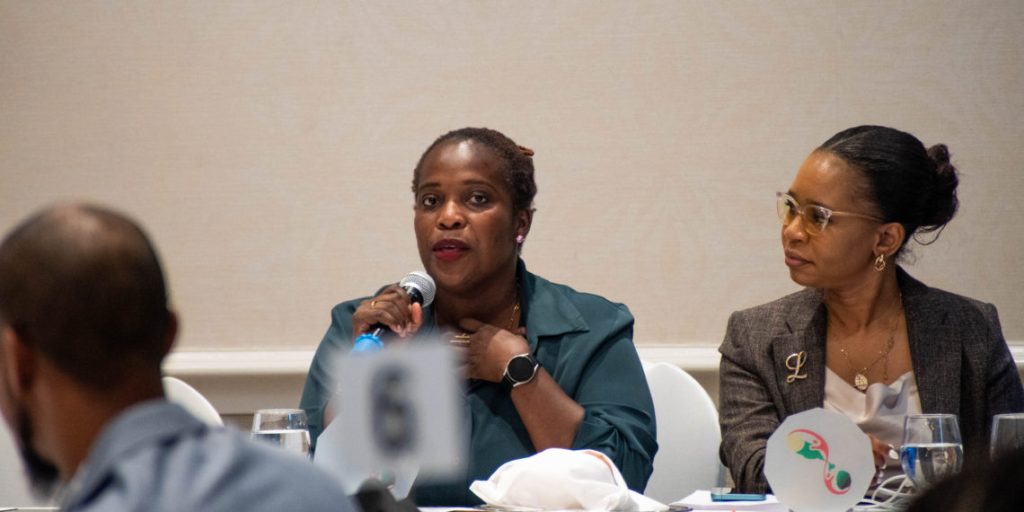


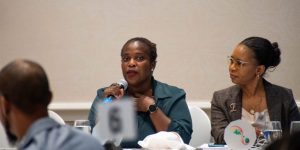
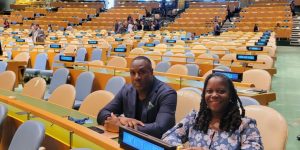

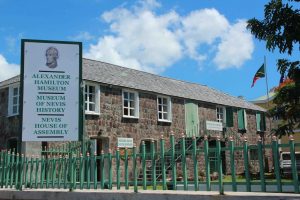
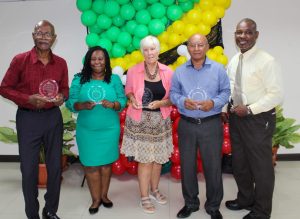
Post Comment